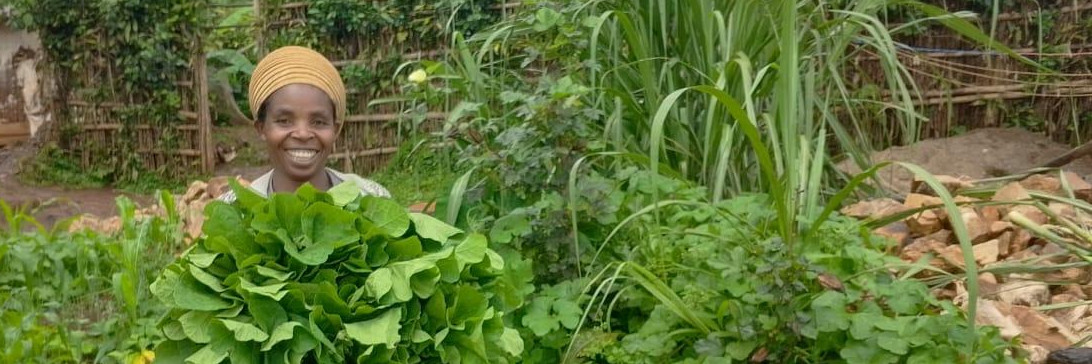
Climate Resilience
We work in solidarity with people and communities to fight against injustice and inequality, and we believe we have a role and responsibility to do what we can, where we can, to support resilience-building efforts in climate-vulnerable countries that are disproportionately affected by the destructive impacts of climate change.
PIN has been working on natural resource management, environmental restoration, water management and agriculture projects for over 20 years, all of which have contributed to addressing the consequences of climate change.
To respond to the diversity of contexts, the complexity of poverty causes and the need to contextualise climate risks and find customised solutions, we have developed expertise at the intersection of the humanitarian-development-climate nexus, including:
- Climate-resilient food and livelihood systems: We take a systems approach to livelihoods to improve food and nutrition security in climate change-vulnerable areas. Through participatory and inclusive processes, we identify solutions that restore and diversify agroecosystems and agricultural livelihoods, ensuring necessary social and behavioural changes.
- Climate-resilient WASH: We support WASH infrastructure and services to sustainably use water resources in a changing climate and ensure water security and public health.
- Climate-resilient landscapes: We address environmental degradation and climate risks related to landscapes and biodiversity. Our response includes nature-based solutions, landscape management, biodiversity conservation and sustainable livelihood, and collaborative approaches to conservation.
- Climate-smart energy solutions: We promote small-scale renewable and low-carbon energy systems, improve energy efficiency to reduce household costs, and promote green development to reduce greenhouse gas emissions.
- Green jobs, skills and circular economy: We diversify livelihood options and build the skills for green economic development. We develop market systems and ensure that technical and vocational skills are built. We also engage in multi-stakeholder approaches involving the private sector to promote systemic change.
- Disaster Risk Reduction and Early Warning Systems: We work to minimise the economic and non-economic losses and damages related to climate impacts of extreme weather and slow-onset events through disaster risk management initiatives, especially risk mapping, community-based preparedness, contingency planning, multi-hazard Early Warning Systems and nature-based solutions.
When designing climate-resilient interventions, we consider how our programmes contribute to anticipating and absorbing external shocks and stresses, adapting to them, and promoting low-carbon transformative development.


